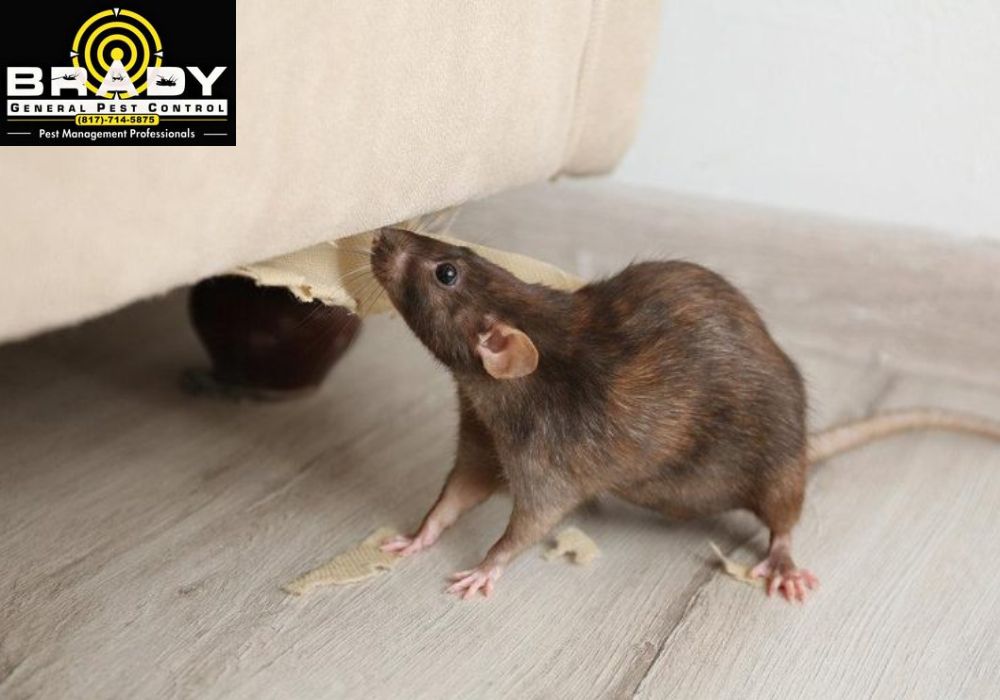If you’ve ever seen a rat running across your yard or quietly sneaking in your garage in broad daylight, you might ask yourself, do rats come out during the day? The situation is rather complicated. On the one hand, even though rats are per se nocturnal creatures there are specific situations in which they are and can be in existence under the sun as well.
Understanding Rat Behavior

In general, it is rare for them to take part in their crazy night feeds, which have become second nature to them by default. They engage in these actions at dusk and dawn, mimicking the way their bodies are naturally set to avoid predators.
There are the following reasons for the emergence of this among other possibilities:
Reasons Rats May Be Active During the Day
- Food Scarcity: Rats are usually the natural things that allow themselves to become magnets when food is not enough. Food is short, so the rats feel the drive to search for any resource that can supplement their survival, even during daylight.
- Overcrowding: In heavily crowded colonies, more dominant rats may reserve nights for their trips which leaves less dominant rats with no choice— come out in the day.
- Safer Routes: The rat is a very smart creature. They could come out during the day and choose to walk in less busy areas, enabling them to safely move around.
If during the daytime you find a rat, then it’s even more likely there is another problem that requires attention. In daylight, as the not so typical nature of these creatures, it is, therefore, vital to take the necessary steps to handle the entire situation.
Practical Tips to Get Rid of Rats
Remove Food Sources:
- Ensure the garbage is stored in tightly secured containers.
- Remove both pet food and water bowls when they are not being used.
- Food should be stored in thick containers with lids tight enough to keep rats from gaining easy access to them.
Eliminate Potential Homes:
- Take out materials such as rubbish, old newspapers, and wrecked appliances to clear the debris away.
- It is important to periodically check the trash piles, which contain old vehicles and old tires, for rodents that might have mistaken them for a hiding place.
Seal Entryways:
- Doors should remain closed, and windows should have screen covers to prevent rodents from entering your rooms.
- Moreover, fill the small holes and cracks in the walls or frames of doors which can be easy ways for rats to enter your house.
Set Traps:
Think about placing traps in the house rather than poison bait if possible. Traps are often more kind and efficient.
However, if you think you’re experiencing a rat problem on a larger scale, draw from the competencies of pest control professionals. Furthermore, Brady Pest Control is unlike others and we offer an all-encompassing service to Grand Prairie, TX.
Are You Prepared?
If you are a homeowner, then you absolutely must educate yourself on how to identify and mitigate rodent problems immediately. In case you have been asking, when do rats come out? you should bear in mind that they might breach the convention of not being pressure-free during the day.
In conclusion, if you are facing issues related to rat sightings during the day, remember that proactive rodent control measures can greatly reduce the risk of infestation. For professional assistance in Grand Prairie, TX,
Contact Brady Pest Control today to help you regain peace of mind at home!
FAQs
What does it mean when you see a rat during the day?
Seeing a rat during the day could mean they are experiencing food scarcity or their population may have grown larger than usual.
Where do rats hide during the day?
Rats typically hide in dark, confined spaces such as attics, basements, and inside walls. They may also seek shelter in areas with ample debris and clutter.
Why would a rat be out during the day?
A rat may venture out during the day primarily due to scarce food resources, overcrowding in their nest, or safer travel conditions in less populated areas.
Is it common to see rats in the daytime?
While rats are primarily nocturnal, spotting one during the day can happen and may indicate an underlying problem.


